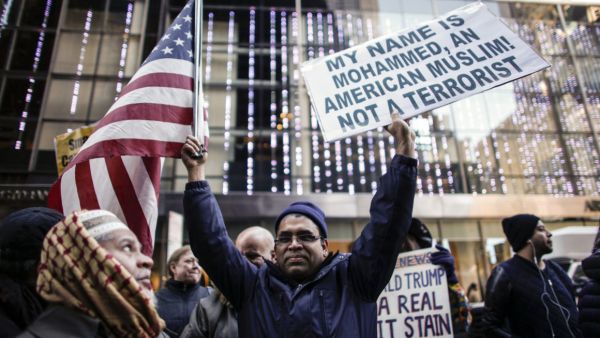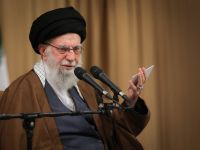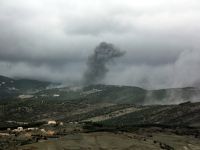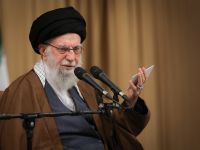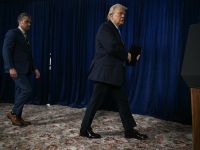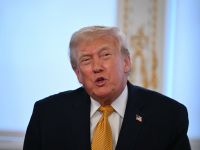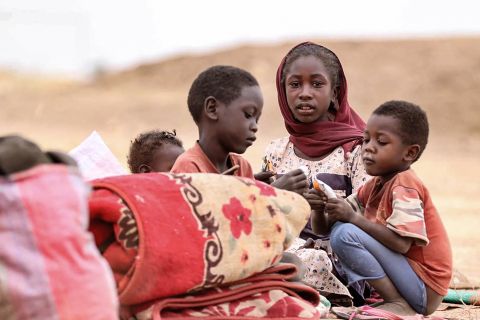Hundreds of heartbreaking stories of Middle Easterners and Muslim residents of the US who were insulted, harassed and even physically attacked in America in the aftermath of the September 11, 2001 attacks have been shared on Twitter on hashtag #afterSeptember11.
The world commemorated, Wednesday, the 18th anniversary of the horrifying terrorist attacks in which around 3,000 civilians were killed after 19 affiliated with the terrorist al-Qaeda hijacked four commercial planes which crashed into the twin towers of the World Trade Center in New York and the Pentagon in Washington DC. One of the flights crashed in Pennsylvania after the passengers learned of the other events and attempted to seize control of the plane from the terror hijackers.
Families of the victims took part in the annual ceremony to remember the massacre of that day held each year where the former Twin Towers once stood.
Internet users went to re-share the harrowing photos that show the brave 9/11 first responders who were at the scene and helped save hundreds of lives.
In the meantime, Americans, Muslim and non-Muslim Arabs have taken to hashtag #afterseptember11 to tell untold stories of the suffering they endured in the aftermath of the terrorist attacks that are believed to be a reason behind the shaping of modern history.
If you haven't seen it, I recommend reading the tweets under the #AfterSeptember11 hashtag. Disturbing, but important, stories from the US from Muslims -- or people "suspected of being Muslim" -- about being harassed, insulted and physically attacked immediately after 9/11.
— Christian Christensen (@ChrChristensen) September 12, 2019
Many stories have been shared of Iranians, Indonesian Muslims, Muslim and non-Muslim Arabs who had to change their names, change their way of dressing, and even leave, have been insulted and harassed for being associated with the Al Qaeda terror organization due to their color, religion and/or ethnicity.
#afterseptember11 a cashier called the cops on my dad for buying milk, bacon, and eggs on his way home from work.
— Katie Abdou ? #PitchWars hopeful (@KaitlynAbdou) September 11, 2019
My sister was called "Osama's Daughter" at school.
My classmates started calling me "sand n*gger" and "terrorist" and leaving drawings of my death in my desk.
If you want to see the real impact of 9/11 on real people? Check out #AfterSeptember11. It's more than the hundreds of thousands of people we and our allies killed in the Middle East; It's the 8 and 9 year old boys who lost their friends and had to change their names. https://t.co/Oetzp9z1DH
— a foul-mouthed wife (@amycourts) September 11, 2019
On the other hand, one American shared a thread telling stories of how he hated Muslims, attacked them and called for war against them. However, he got to know more people of color who proved him wrong and changed his thoughts.
Reading through the hashtag #afterseptember11 is sad and also reminds me of the racist things I thought and said shortly after 9/11. Like many white Americans, I looked at POC suspiciously, I talked hatefully about Muslims, and I desperately wanted to go to war.
— Adrian (@beardrian) September 12, 2019
Others told stories of their kids who were bullied in school and had to change their residences due to the harassment and harm they faced by people associating them with terrorism.
#afterseptember11 age 11 my best friend cried in the middle of gym because kids were being assholes and calling her a terrorist. Then a teacher called her out in the middle of class and shamed her interest in religion.
— Abbi Burns-Cappel (@mrsaturtle) September 12, 2019
#afterseptember11 A “friend” started to ask people “Doesn’t he look like Bin Laden?” (Referring to me)
— Ignacio (@DarkJono) September 12, 2019
Aggression started.
I’m Hispanic.
#afterseptember11 they tried to make me Americanize my name , stop me from speaking Arabic or publicly embracing my culture cause I was called bomb boy , terrorist and Osama bin Ladin in elementary school
— bass (@jordanianKr) September 12, 2019
#afterseptember11 my parents told me I couldn't say I was Indonesian anymore (I was 11). I didn't quite understand why until I started saw news coverage pointing to "Muslim countries" with crosshairs. The dissonance between reality and news is why I study journalism today.
— Jo(sephine) Lukito (@JosephineLukito) September 12, 2019


